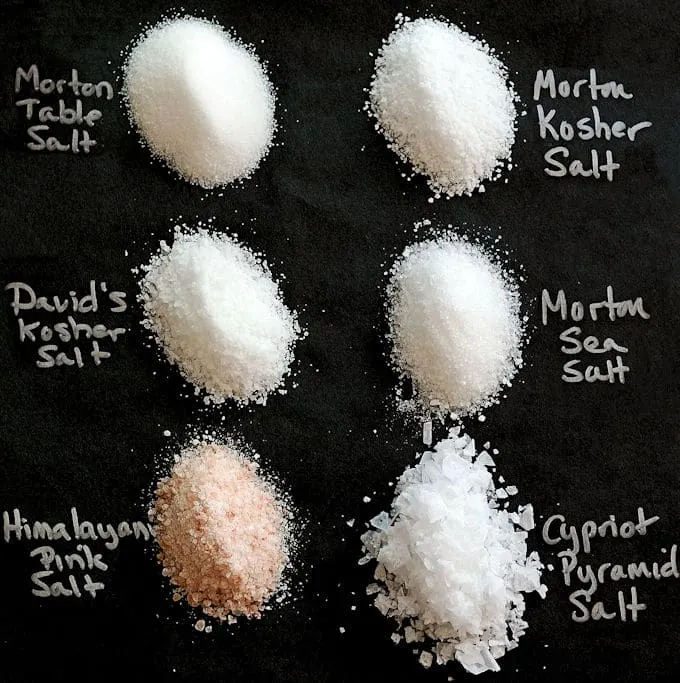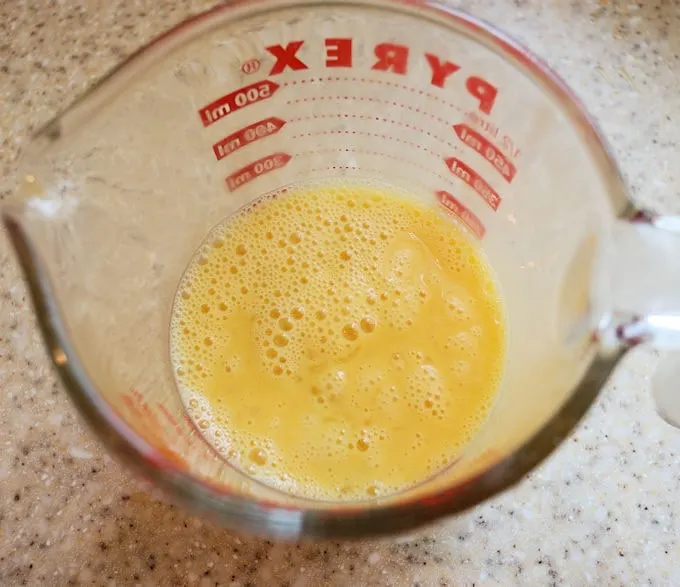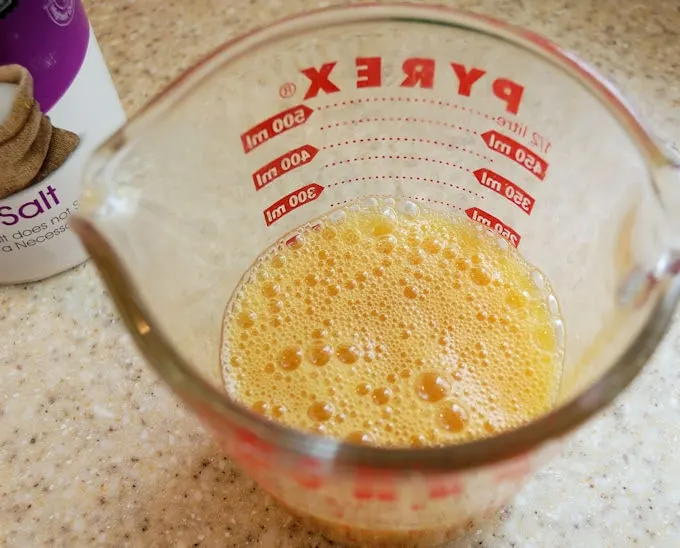The Science of Salt as a Baking Ingredient
Salt is ubiquitous. Virtually every dish that comes out of the kitchen has salt added. In fact, salt is so elemental to our culture that the word “salary” comes from the Latin salarium, which refers to Roman Soldiers’ payment for the purchase of salt.
What salt does in Baking:
Since it’s so commonplace do we even need to examine salt as an ingredient? Can’t we just take for granted that we should add a little salt to every recipe without considering the effect? Well, no.

Types of Salt used in baking:
Table salt, sea salt and kosher salt can all be used for baking. But the volume varies between types and brands of salt.
For example, 1 teaspoon of table salt is equal by weight to 1 ½ to 2 teaspoons of kosher salt, depending on the brand.
A ½ teaspoon less or more of salt may not make much difference in a pot of soup, but it can make a great deal of difference in cake batter or bread dough. If you swap out the type of salt listed in a recipe you’ll need to weigh your ingredients to be sure you’re adding the same amount of salt.
Salt crystals differ in shape and size and the various types will melt at differing rates. Choose a lighter, smaller crystal like table salt for baked goods and larger grains or flakes as a finishing salt.
Table Salt – 1 tablespoon weighs 20 grams
Morton Kosher Salt – 1 tablespoon weighs 15 grams
Diamond Crystal Kosher Salt – 1 tablespoons weighs 10 grams
Granulated Sea Salt – 1 tablespoon weighs 20 grams
Flaky Sea Salt – 1 tablespoon weighs 10 grams
Salt & Flavor of Baked Goods:
Whichever type of salt is used, it directly influences flavor in a surprisingly complex way.
Adding a hint of salt to batter won’t give the cake a salty flavor. Rather, salt reduces bitterness and allows sweetness to come forward, producing a more well-rounded flavor.
Same is true with bread dough, just a little salt takes the flavor from flat to full.
But don’t limit your use of salt to batter and dough. I often add just a pinch of salt to pie filling, fruit curds, jams and jellies to highlight the fruit flavor.
A little pinch of salt in a chocolate recipe can enhance the overall flavor without tasting salty. Of course, salted caramel has become ubiquitous.
How Salt Reacts with Flour in Baked Goods
Salt is not only a flavor enhancer. Salt also affects the tenderness of a baked good.
Salt molecules form strong bonds with flour proteins, causing the gluten molecules to become less mobile, which, in turn, makes the dough or batter tighter and more elastic.
This is a desirable trait in a bread dough, but is not desirable in a cake batter.
How Salt Affects Eggs
Salt “denatures”, or loosens up, egg proteins. Add a little salt to egg wash to thin it down. A thinner egg wash is easier to brush onto bread or pastry for a glossy finish.




What a great find your website is. Thank you. I am a total beginner.
Two question:
!) if I use salted butter, can the salt be omitted then?
2) if I use the basic pound cake recipe, can I then add like raisins and or other things to it? Or do I have to find a specific recipe for that.
If you use salted butter you should omit the salt in the recipe. You can probably add raisins to the pound cake since the batter is rather thick.
Yesterday I made a sourdough chapati using my discard, (as an experiment)but I forgot the salt. It came out fine. Why?
I imagine it tasted a bit flat, but otherwise it wouldn’t prevent the dough from working.
my husband likes a very dense heavy moist cake. can you give me tips on how to achieve this. he always says its not heavy enough.
If you read this post about balancing a cake recipe there’s lot of information. Using more sugar and fat will make the cake denser.
Hi Eileen,
How would canning salt affect a baked good? I started using this since it has no additives for anticlumping purposes. Could this affect mybaked goods?
Lisa
I can’t imagine why you couldn’t use canning salt for baking. Since it has not additives and is more finely ground I would think it would work well for baking. Let me know if you try it how it works out.
I wish I had read all this before baking yesterday. I didn’t add any salt to my fruit rum cake. My cake was dry and crumbling. I’ve made this cake for the pass 3 years and it came out great. Moist and not a mess.